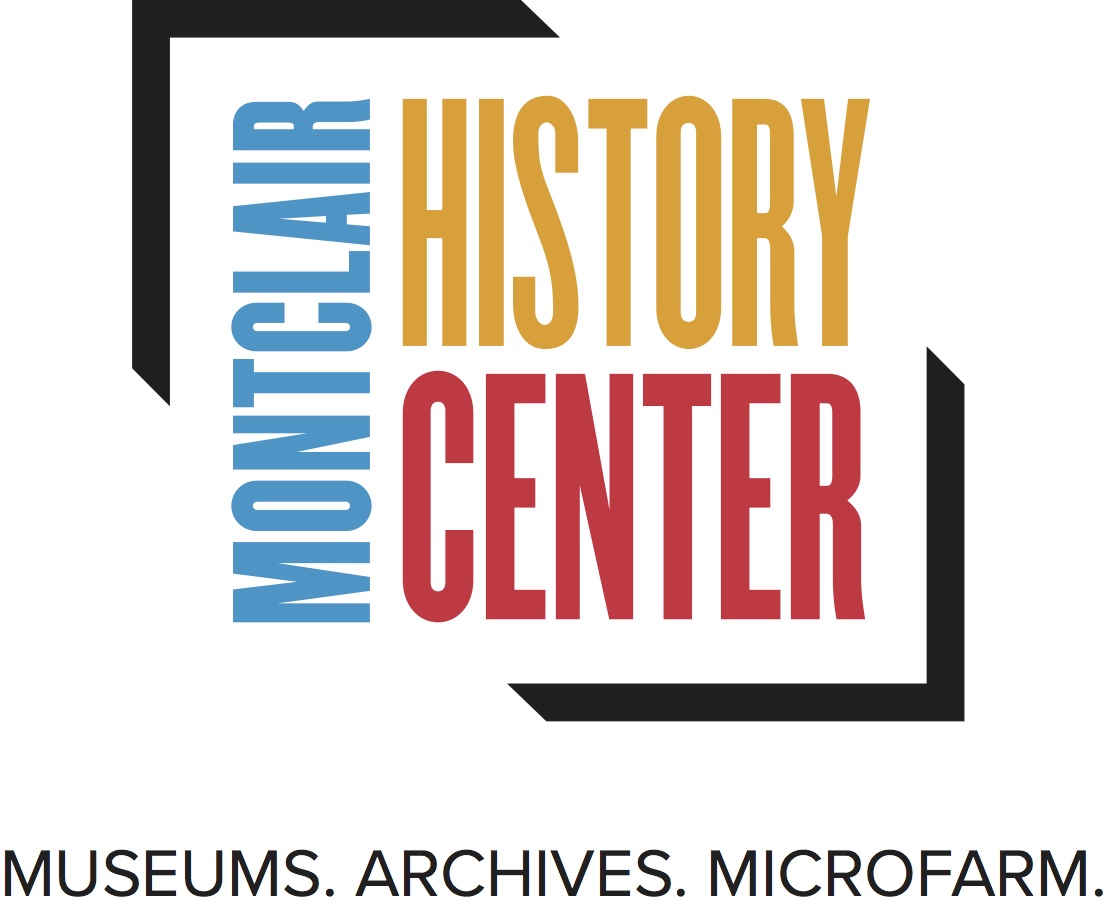On Friday, January 24, we were delighted to tell the story of the YWCA women and how we reinterpreted the Crane House to include their remarkable history. More 60 participants from history organizations throughout NJ came together to talk about “Inclusive Histories.”
We were not alone on that stage, a testament to the good work that is now being done to tell more comprehensive — and accurate — histories. Dr. Aleia M. Brown, Assistant Director of the African American History, Culture, and Digital Humanities Initiative at the University of Maryland, kicked off the day as the keynote speaker.
She was followed by Beth Allan, from the Morven Museum and Garden. She talked about her museum’s comprehensive restoration that begins with Richard Stockton, a signer of the Declaration of Independence, as well as the enslaved men, women, and children whom he owned. Their new interpretation traces the history of the people who lived in the house: wealthy landowners, governors, women, chlldren, enslaved people, and servants (free African Americans, Irish, and German.) Kudos to Morven for not shying away from sharing now-controversial quotes from some of the earliest occupants! It’s definitely worth a visit!
Dr. R. Isabela Morales from the Princeton and Slavery Project. Through meticulous research, they have unearthed more than 100 stories (and that number keeps growing) about enslavers and enslaved who have been part of the Princeton community. Their website also has fascinating primary sources and graphs related to slavery. They are also “myth-busting” stories about slavery in Princeton. Isabela shared how legend had it that some University dorm rooms have small rooms off of them where the students’ slaves were housed. Not true, she says, as these dorms were built after the 13th amendment!
During the afternoon, there were three workshops — Visitor Interactions, Primary Sources, and Written Interpretation — where the people from the many history organizations were able to share successes, challenges, and came away with some great ideas to move forward!
Thanks to the Crossroads of the American Revolution and the New Jersey Historical Commission for developing the program and to Morven Museum and Gardens for hosting it and for the photos above.
